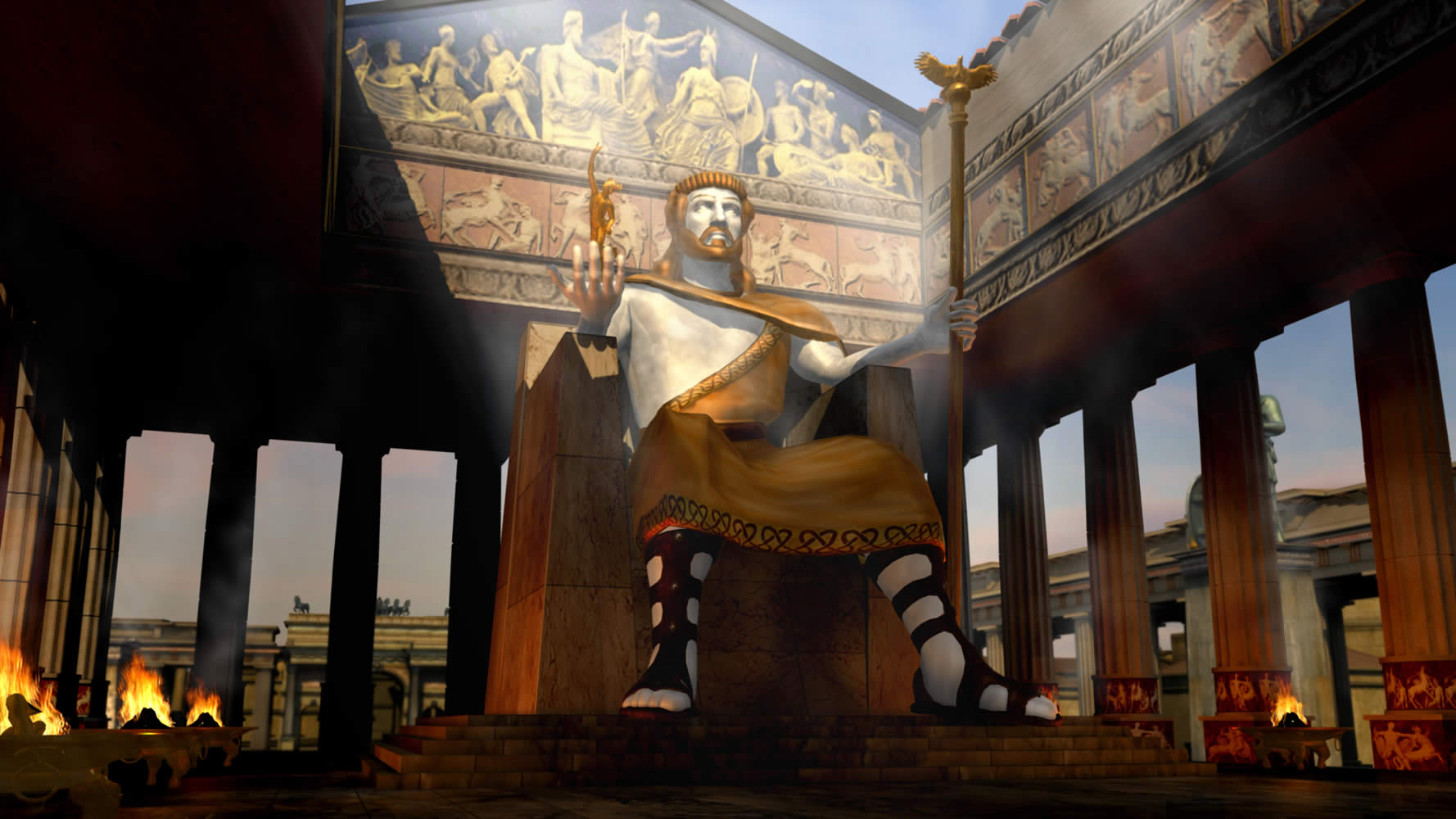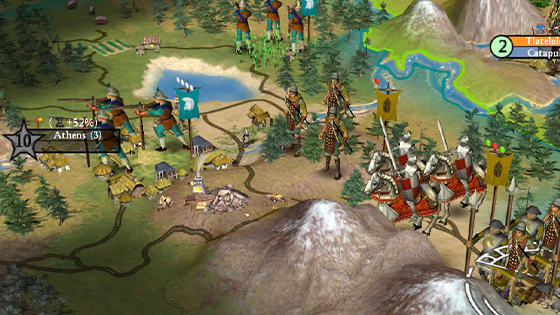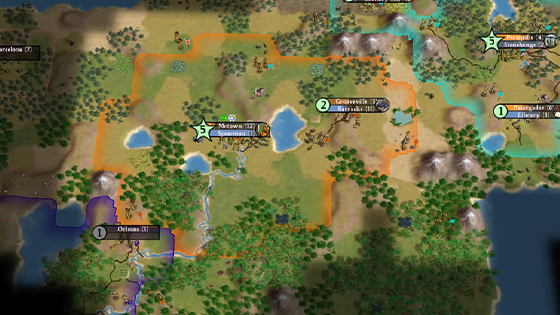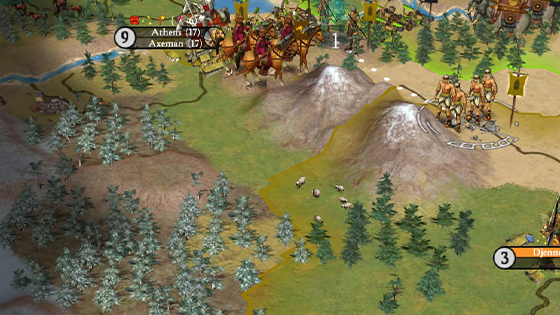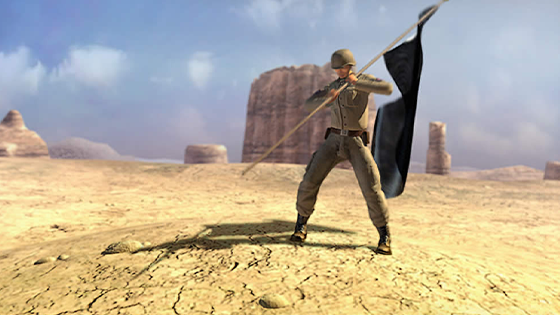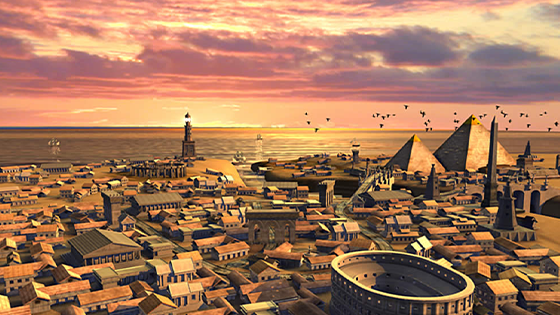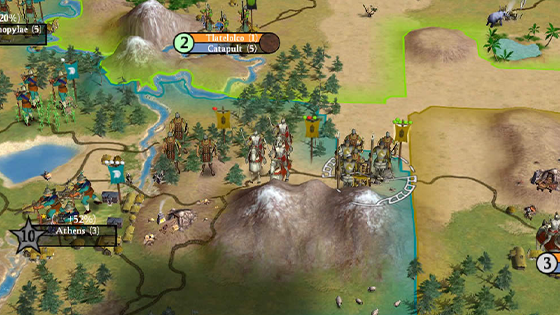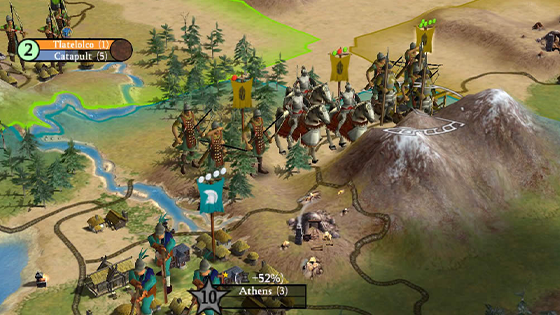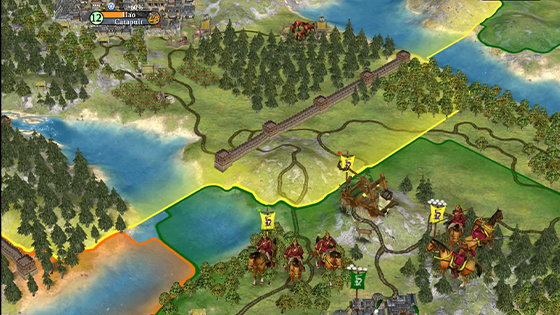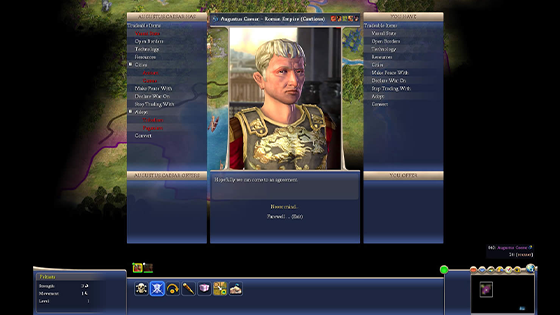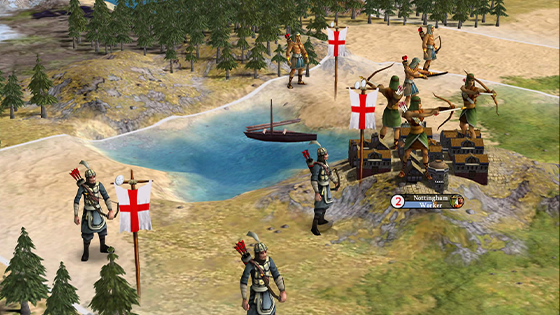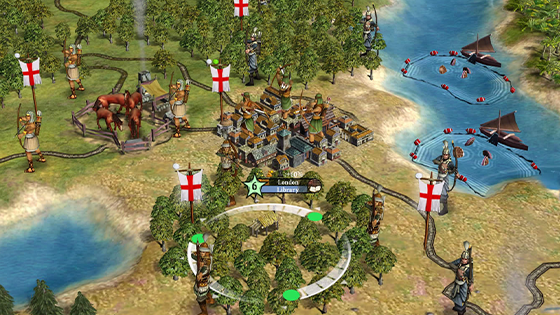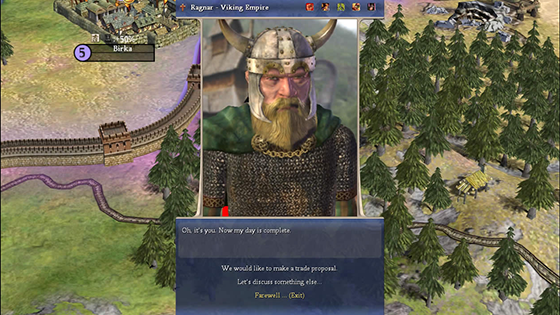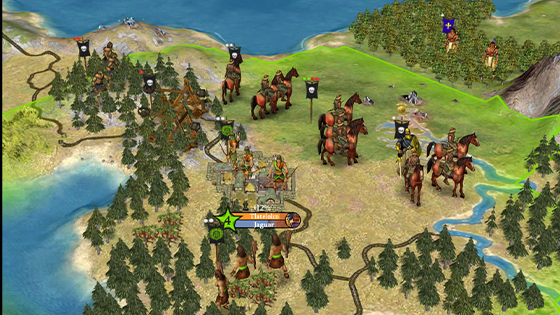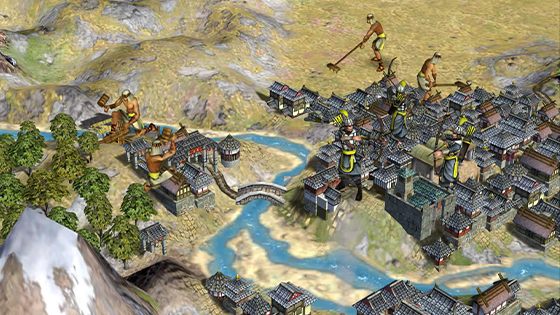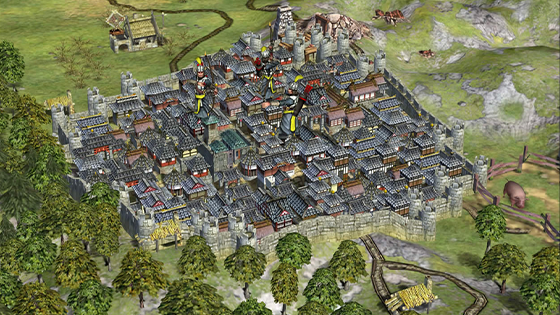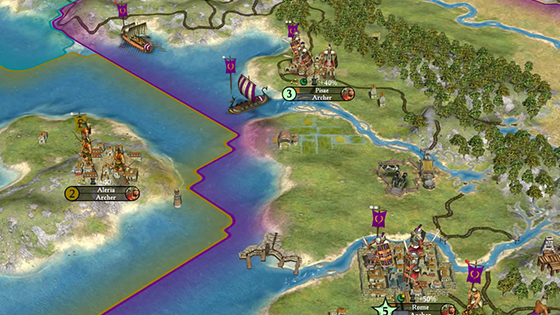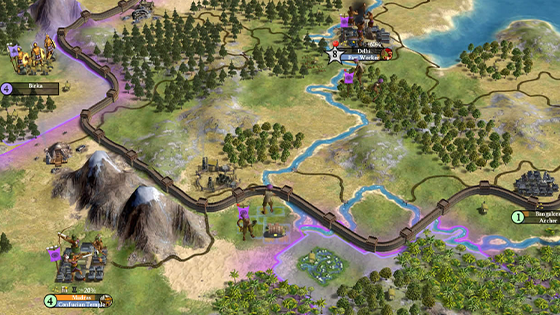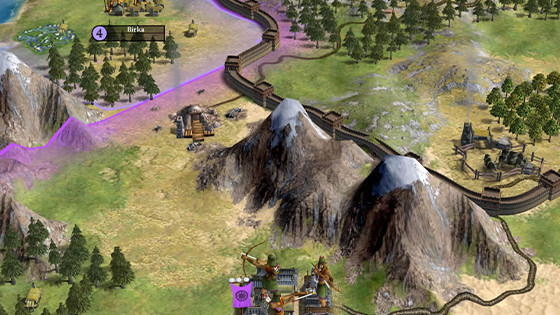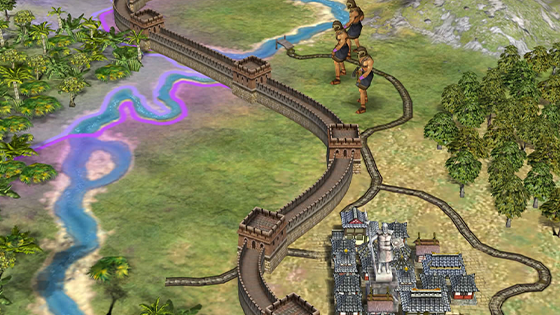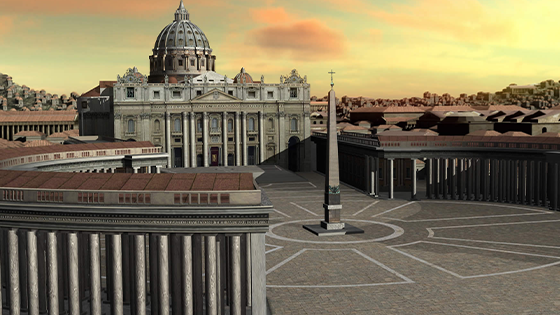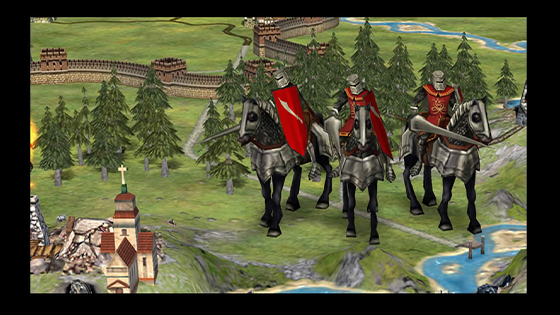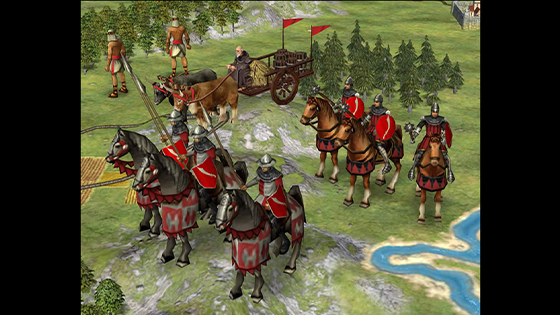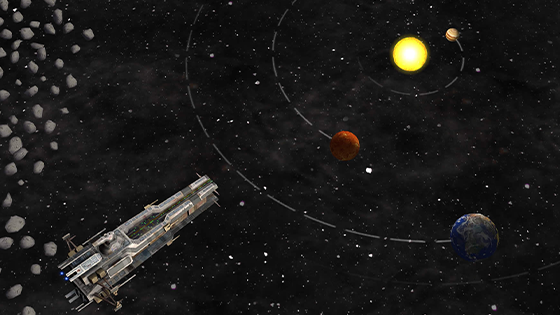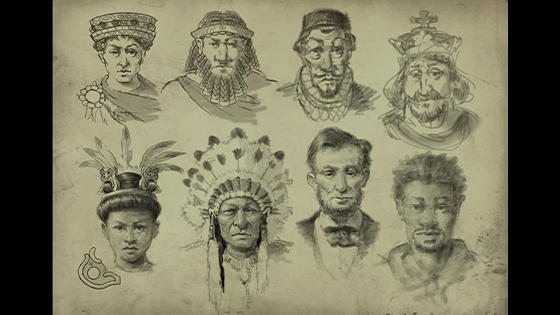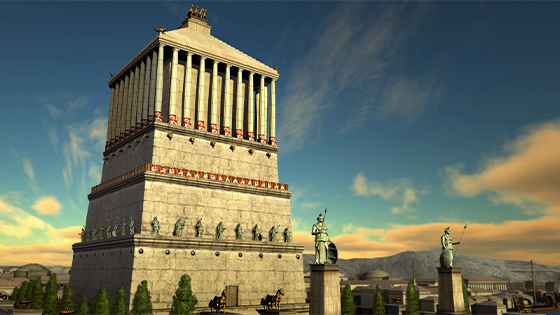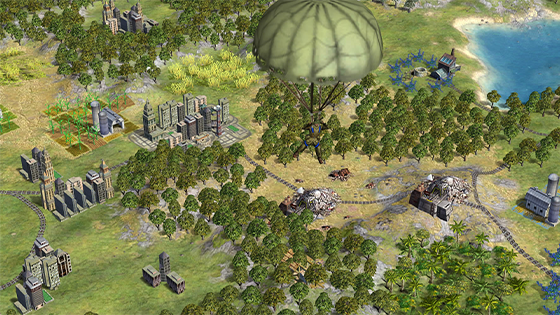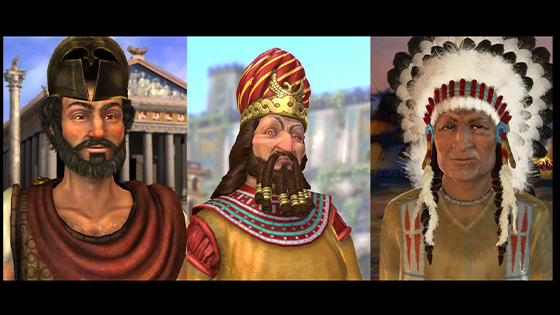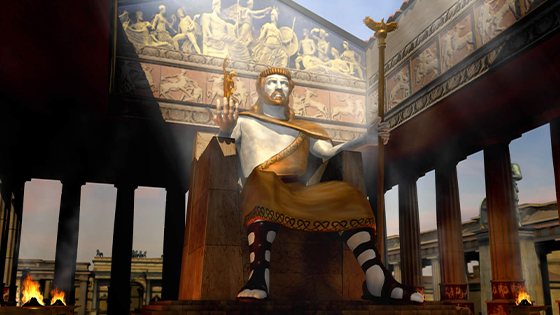Sid Meier's Civilization IV
Release date: October 2005
Heralded as one of the best games of 2005, Sid Meier's Civilization IV builds upon the Civilization games that came before it in ways that elevated the series' strategic turn-based gameplay to a whole new level. Civ IV was the first entry to feature Religions that can spread across the map and meaningfully impact the population, and introduced Great People with unique abilities to unlock free techs, start Golden Ages, or increase a City's output.
Civ IV launched with 18 playable civilizations, eight of which had multiple leaders for players to choose from. Players can lead France as either Louis XIV or Napoleon, and America as Roosevelt or Washington, for example. Starting in the year 4000 BC, players guide their chosen civilization through history and attempt to satisfy one of six victory conditions before the game ends in the year 2050.
Each civilization and leader combo has different strengths and weaknesses that make them better suited to one or more of the six possible paths to victory. These include Conquest, Cultural, Diplomatic, Domination, Space Race, and—if no civilization emerges victorious before the game ends—points scored.
Regardless of which victory condition you strive for, you have to balance the wants and desires of your people with the need to expand and protect borders, research new technologies, and manage relationships with other civilizations. Strategic decisions must be made at every turn, and those decisions—as well as the number of civilizations in play—become significantly more numerous when playing with Civ IV's two expansion packs.
GALLERY

The first expansion for Civilization IV, released in 2006, adds the ability to turn other civilizations into Vassal States, and introduces an assortment of new Units, Buildings, and World Wonders alongside six civilizations and their respective leaders. More leaders for existing civilizations are also included, bringing new traits with them that are automatically applied to existing leaders as well.
Furthermore, Civilization VI: Warlords adds eight scenarios that challenge players to recreate events from history. These include the conquests of Alexander and Genghis Khan, the rise of Rome, and the Peloponnesian War. There's even a scenario in which players control Barbarians with the aim of destroying civilization itself!
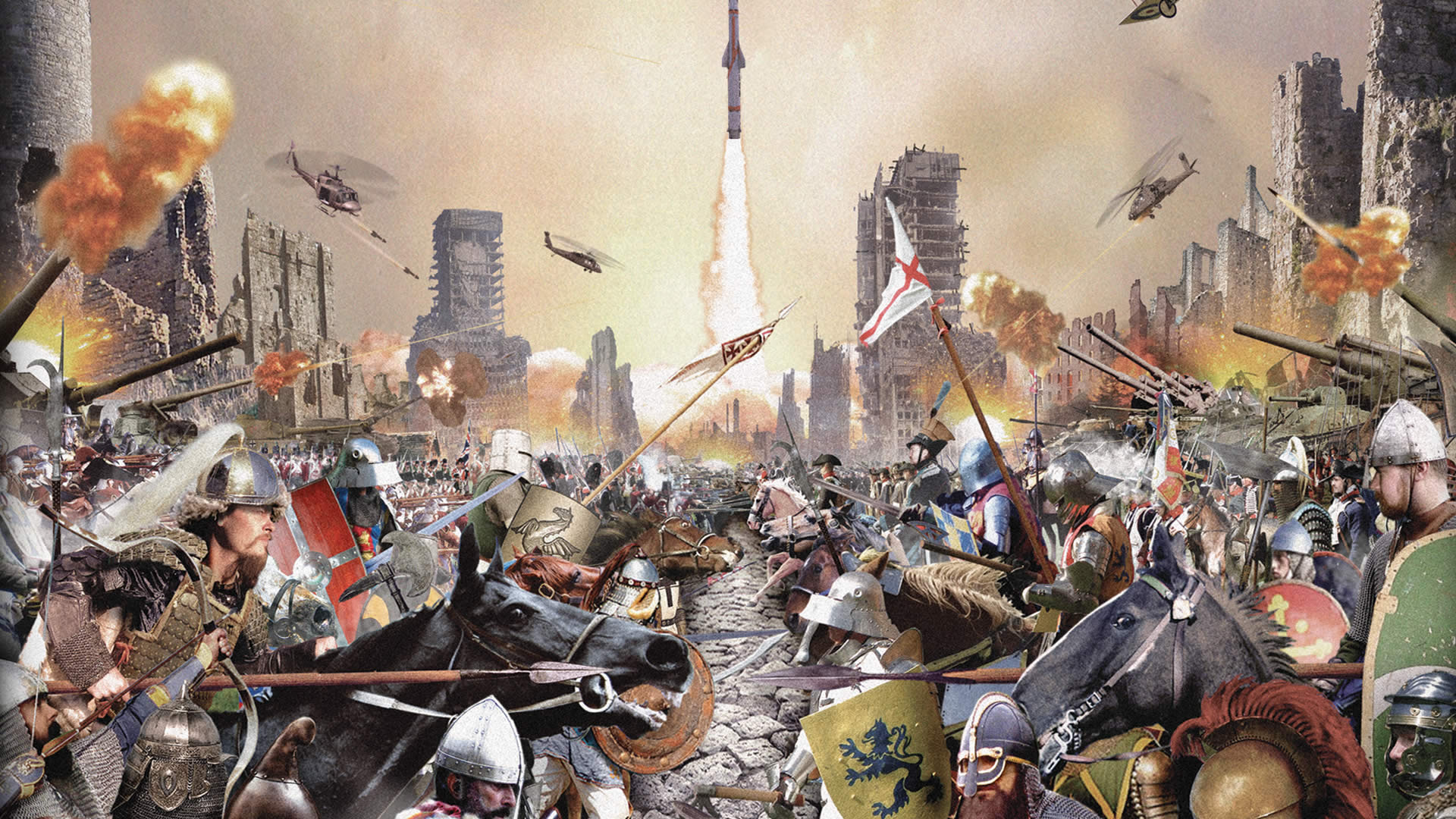
GALLERY

Civilization IV: Beyond the Sword, released in 2007, adds a number of new gameplay features and expands on existing ones to afford players even more ways to play. Improvements made to Spy units and the introduction of Great Spies demand that players consider espionage as both a potential strategy and a threat, while the introduction of Corporations empowers players to exchange unwanted resources for useful ones.
Randomized events introduced in Beyond the Sword, on the other hand, have the potential to devastate players with the unpredictability of earthquakes, floods, tornadoes, forest fires, and more. Not all random events result in negative outcomes, but even the surprise discovery of a new resource, a baby boom, or a diplomatic marriage could have unforeseen consequences.
